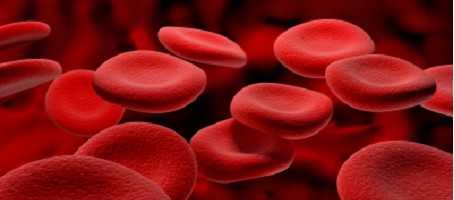A protein has been discovered that could treat type 2 diabetes by relieving stress in pancreatic beta cells.
Professor Mike McGucki, from The University of Queensland’s Mater Research Institute-UQ (MRI-UQ), said the protein was discovered after being produced by immune cells.
High blood sugars in type 2 diabetes are underlined by stress in beta cells, which leads to the inability to produce enough insulin and control blood sugars.
What is IL-22?
The protein, known as IL-22 (Interleukin-22), can restore necessary insulin production, control of blood sugar levels and correct insulin sensitivity in responsive tissues.
Stress in beta cells is believed to be central in why people with type 2 diabetes are otherwise unable to do this, with researchers optimistic this finding could lead to infrequent IL-22 injections replacing regular insulin injections.
Clinical trials
Clinical trials in patients with diabetes are in the works, as the researchers look to develop prototype therapies with pharmaceutical industries.
While optimistic, McGuckin added: “Whether it revolutionizes diabetes treatment depends on what happens in these clinical trials. Because it is a biological therapy, IL-22 may have side-effects that we have not seen so far in the research, limiting its appropriateness as a treatment.
“However, it also opens up a new pathway for treating diabetes based around the way IL-22 works. In other words, other treatments might not include IL-22, but the pathways that it drives”.
What's new on the forum? ⭐️
Get our free newsletters
Stay up to date with the latest news, research and breakthroughs.





